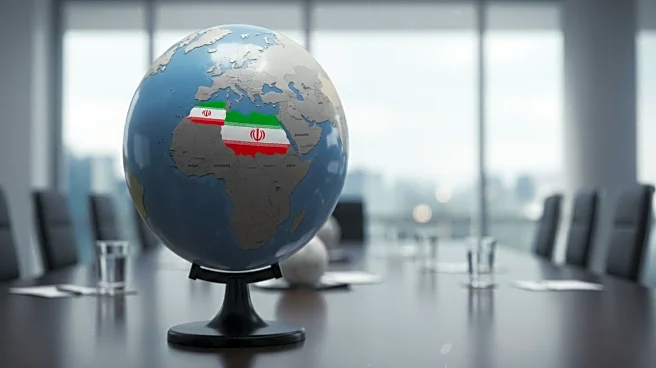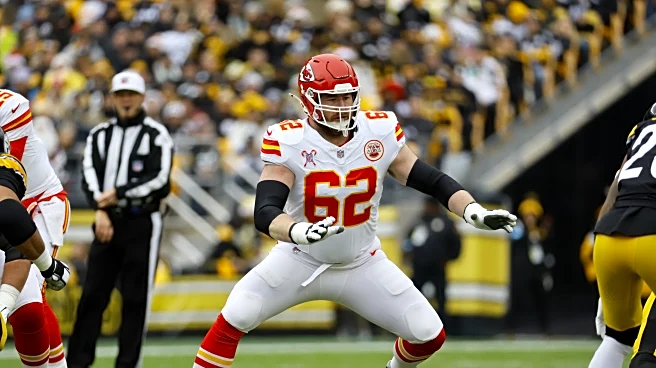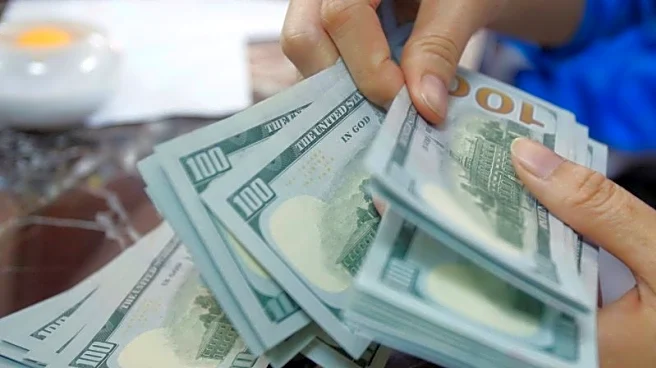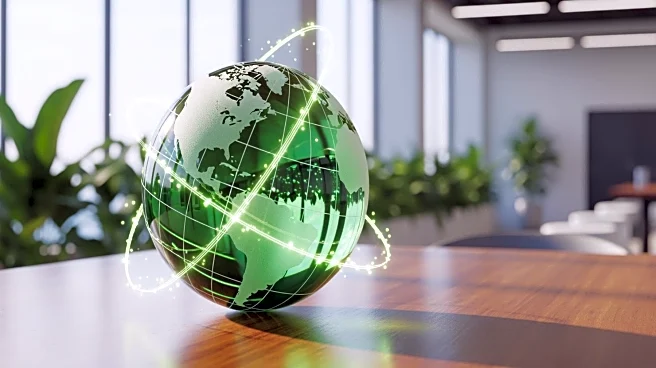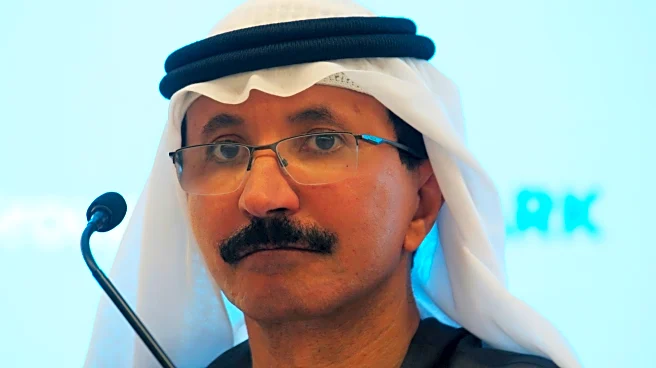What's Happening?
Iran and European powers, including France, Britain, and Germany, have agreed to resume talks on the nuclear deal next week. This decision comes as the European countries threaten to re-activate United Nations sanctions on Iran using a 'snapback' mechanism if Tehran does not return to negotiations. The talks aim to address Iran's disputed uranium enrichment program, which has been a point of contention in international relations. The agreement to resume discussions follows a period of heightened tensions and diplomatic efforts to bring Iran back to the negotiating table.
Why It's Important?
The resumption of nuclear deal talks between Iran and European powers is a critical development in international diplomacy. The potential reactivation of UN sanctions could have significant economic and political consequences for Iran, affecting its economy and international relations. For the European powers, successful negotiations could lead to a more stable Middle East and reduce the risk of nuclear proliferation. The outcome of these talks could also influence global energy markets, as Iran is a major oil producer. The situation underscores the importance of diplomatic engagement in resolving complex international issues.
What's Next?
As the talks are set to resume, both Iran and the European powers will need to navigate complex diplomatic challenges to reach a mutually acceptable agreement. The threat of re-imposing sanctions adds pressure on Iran to comply with international demands regarding its nuclear program. The international community will closely monitor the progress of these negotiations, as their outcome could have far-reaching implications for regional stability and global security. The potential for renewed sanctions or a breakthrough agreement will depend on the willingness of both sides to compromise and address key issues.
